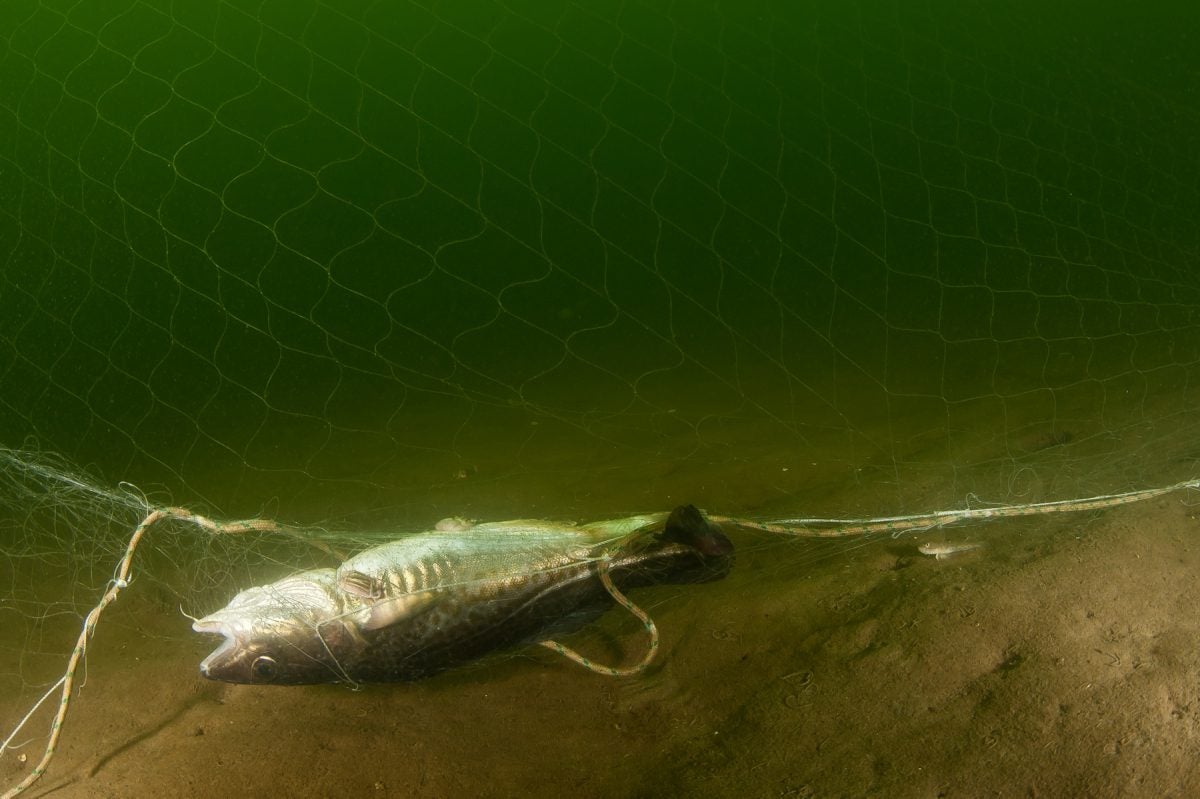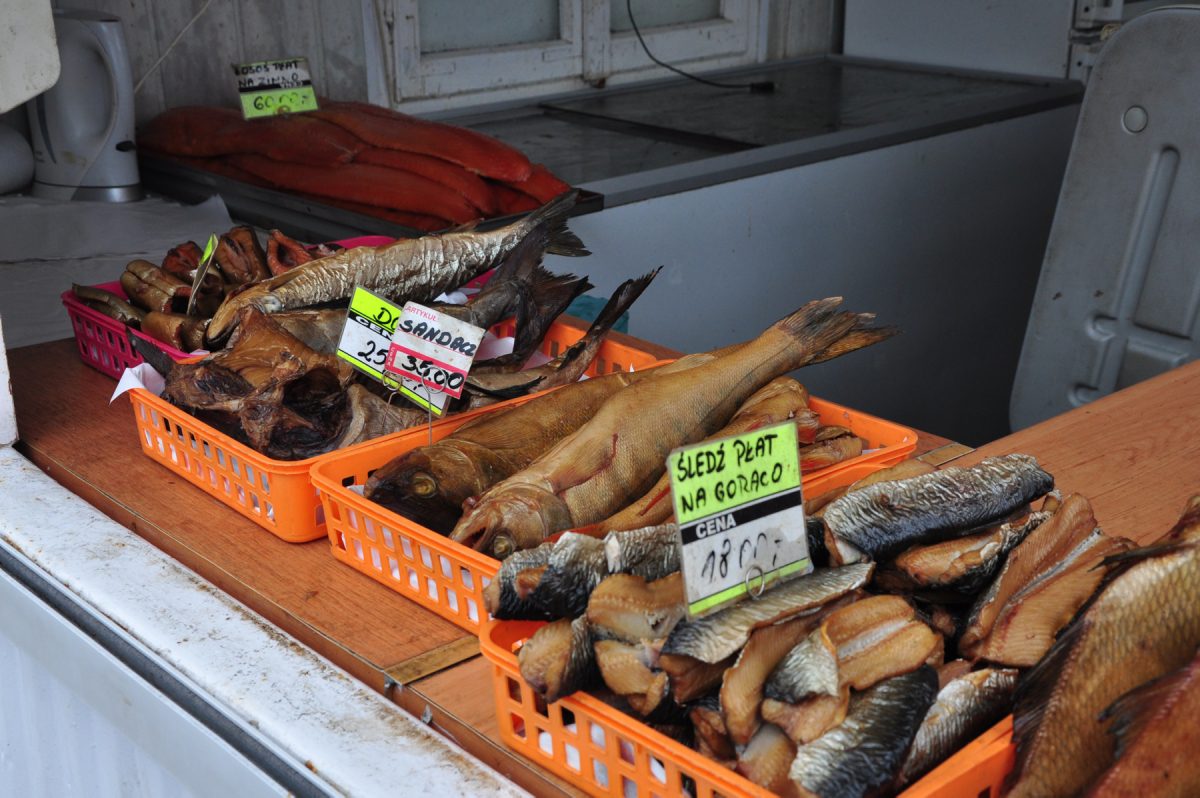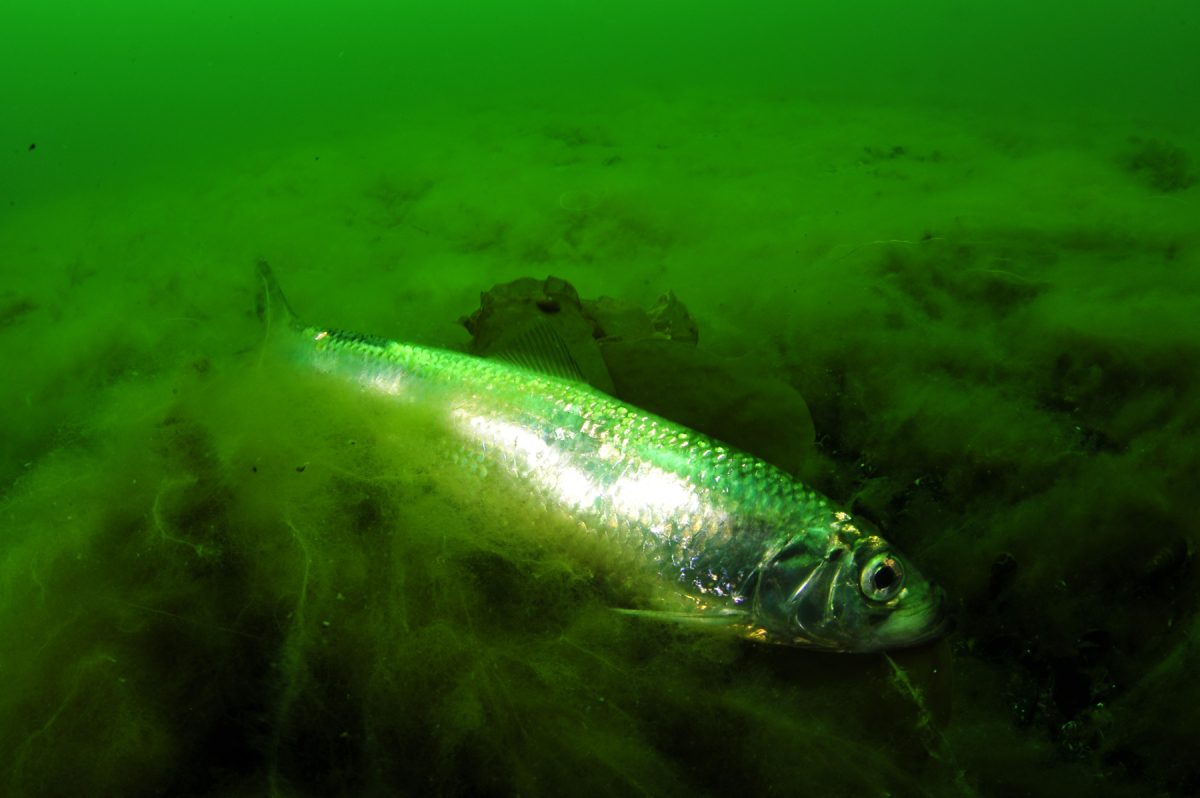Oceana: Time is fast running out for ending overfishing in the Baltic
EU politicians have until 2020 to live up to Common Fisheries Policy obligation of ending overfishing
Press Release Date: October 11, 2018
Location:
Contact:
Marta Madina | email: mmadina@oceana.org | tel.: Marta Madina
On October 15th, the EU’s Agriculture and Fisheries Council (AGRIFISH) is due to meet in Luxembourg where ministers will decide on fishing limits for the Baltic Sea in 2019. Oceana encourages the Total Allowable Catches (TACs) to be in line with scientific advice, which could help rebuild stocks and eventually increase catches by 25%.
In August, the European Commission (EC) released its annual proposal for fishing opportunities in the Baltic Sea, which will serve as the basis for the ministers’ final decision. Unfortunately, for the very fragile eastern Baltic cod stock, the EC’s proposal significantly surpasses scientific recommendation, and for Western Baltic cod the Commission has proposed to remove the current closure period. Given that only two years ago the stock was considered in very poor shape, this move from the Commission does not make sense neither ecologically nor economically.
“Politicians need to stop neglecting the Baltic Sea! The mismanagement of natural, renewable resources is destroying our natural marine heritage and costing us jobs, food, and money,” said Lasse Gustavsson executive director for Oceana in Europe. “The EU ministers only have a year to end the short-sighted decision to continue overfishing in the Baltic. After 2020, overfishing will be illegal in the EU under the Common Fisheries Policy,” Gustavsson explained.
For the western cod stock, Oceana recommends that the 2019 TAC should not exceed 6,716 tonnes (a 20% increase to last year’s TAC) to ensure long-term recovery, and for the Eastern cod stock, Oceana recommends that the 2019 fishing limit does not exceed 16,685 tonnes, as the stock is in a bad state and showing symptoms of extreme stress.
 |
 |
 |
|
Cod entangled in fishing net © OCEANA / C. Suárez |
Fish stand with salmon, cod, zander and smoked herring © OCEANA / LX |
Herring(Clupea harengu) © OCEANA / Carlos Minguell |
In just 10 years, the commercial catches of the western cod stock have dropped by more than half, largely due to continuous overfishing. When fished sustainably catches of western Baltic cod can increase by more than 40 thousand tonnes (a 700% increase compared to 2016 catches) generating up to €80 million of additional revenue. But this is not limited to the western cod; if recovered and well-managed catches of fish stocks in the Baltic could increase by 170 thousand tonnes (+25%).
For the western herring stock, Oceana recommends a complete stop to fishing in 2019, as reduced catches over the past few years has not resulted in a signinficant increase in the stock’s biomass. A pause to fishing pressure is urged, in a bid to allow the stock to recover and produce high yield soon. When fished sustainably, western herring catches could in fact more than double to 130 thousand tonnes.
Joint NGO recommendations on 2019 Baltic Sea fishing opportunities
#StopOverfishing #BalticTACs

